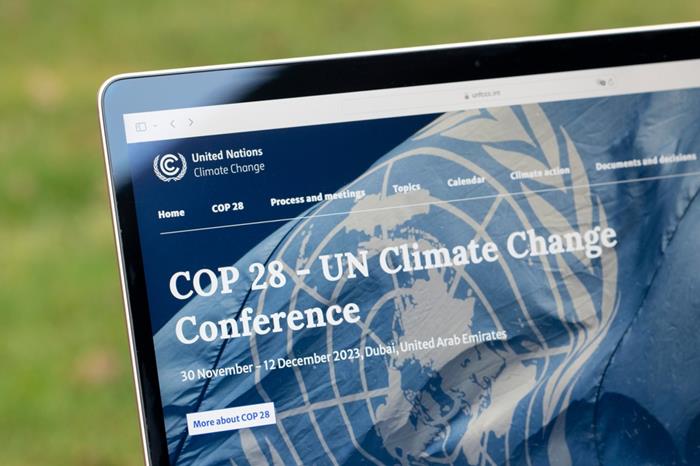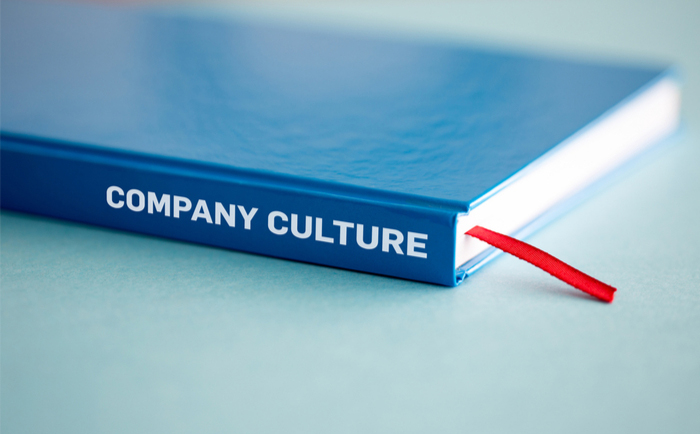Boards have been urged to address climate change issues through their supply chains in a new report, which calls for “comprehensive” due diligence when selecting suppliers to help head off ESG risks.
The call comes from the Institute of Internal Auditors (IIA) ahead of the COP28 United Nations climate summit, which begins in Dubai next week.
Anne Kiem, chief executive of the IIA, says businesses need to focus on decarbonising their supply chains and not “sabotage” the chance of moving to net zero.
“The climate crisis is already having significant impact on supply chains and boards need to ensure they have robust risk management and business resilience strategies in place to cope with this.”
COP28 will close what has been called a “global stocktake” of what countries are doing—or not doing—to achieve the Paris Agreement to restrict global warming to 1.5 degrees C above pre-industrial levels.
Estimates currently suggest the target will be missed and there are expectations that COP28 will attempt to foster agreements to move the world back on track.
There is also hope that COP28 might resolve where money will come from to fund compensation for “loss and damage” in countries suffering the worst effects of climate change.
Important agenda
The IIA report recommends boards, audit committees and internal auditors work to discuss: how supply chains will be decarbonised; how internal audit can test business continuity and crisis plans, as well as compliance with new climate-focused regulation; and investigate how data analytics and AI could be used to help assess risk.
The call comes just weeks after the UK government cancelled new regulations that would have seen companies disclose more reporting on their resilience and risk preparedness.
The Financial Reporting Council also recently decided to withdraw proposals that would have seen the UK Corporate Governance Code have audit committees report on their monitoring of narrative reporting and sustainability issues.
But the code will contain provisions for boards to make a declaration on the quality of internal controls, with controls applying to environmental and social issues potentially included. A new code will not appear until January.
Supply chain due diligence for climate concerns is voluntary in the UK, though there have been calls to make it mandatory. However, the European Union is in the process of finishing new legislation, the Corporate Sustainability Due Diligence Directive (CSDDD) which would impose environmental and human rights due diligence responsibilities on EU companies. Under the rules, companies would report on their due diligence activity and their findings.
The EU has made due diligence a central part of companies taking responsibility for their own role in cutting carbon emissions. It makes sense that UK companies do likewise.





